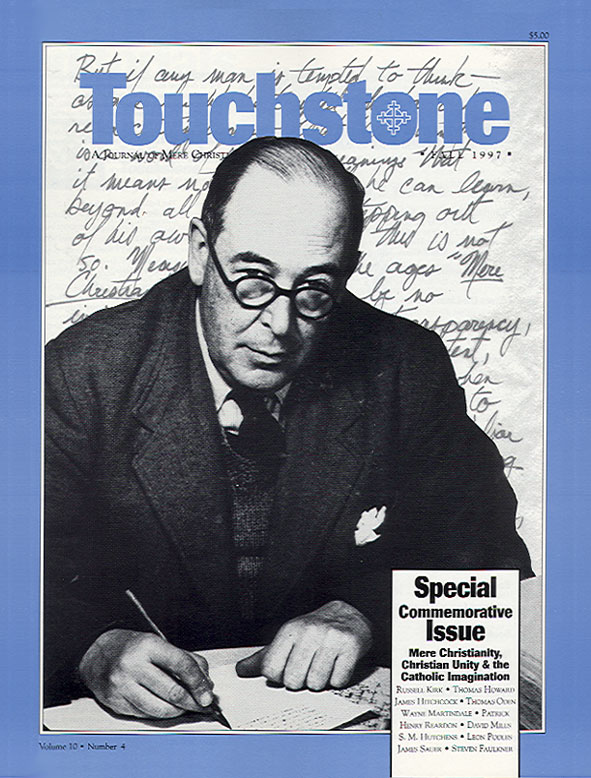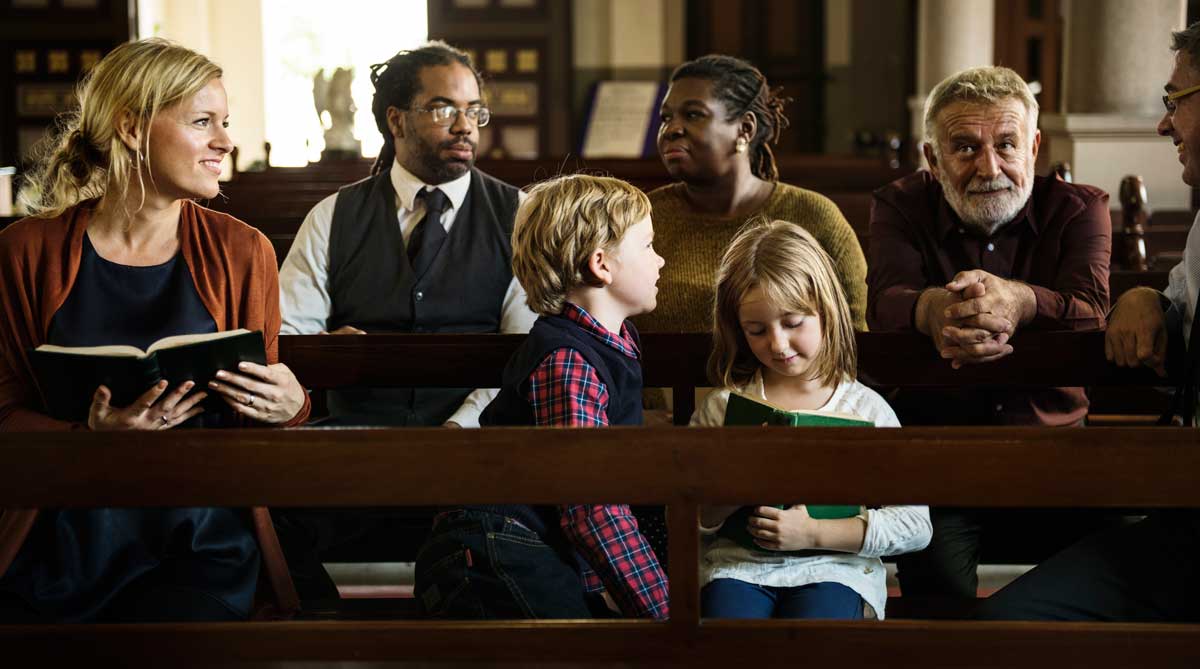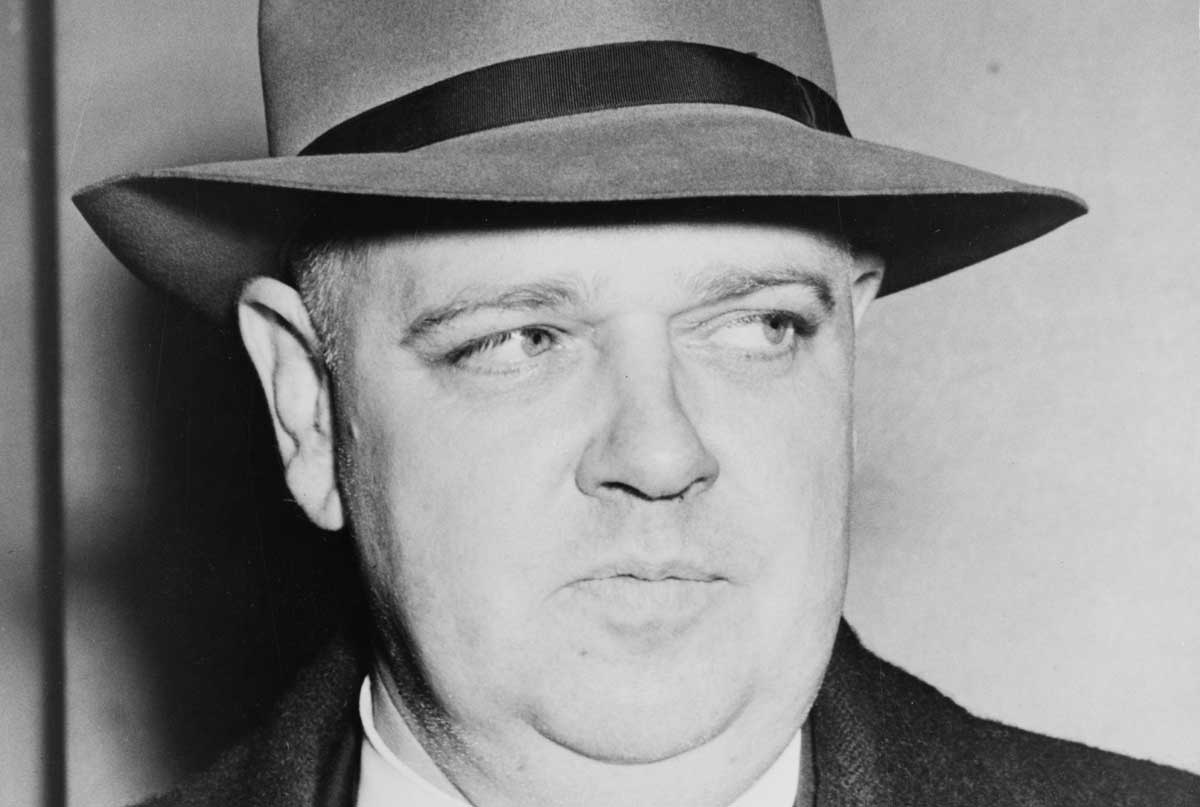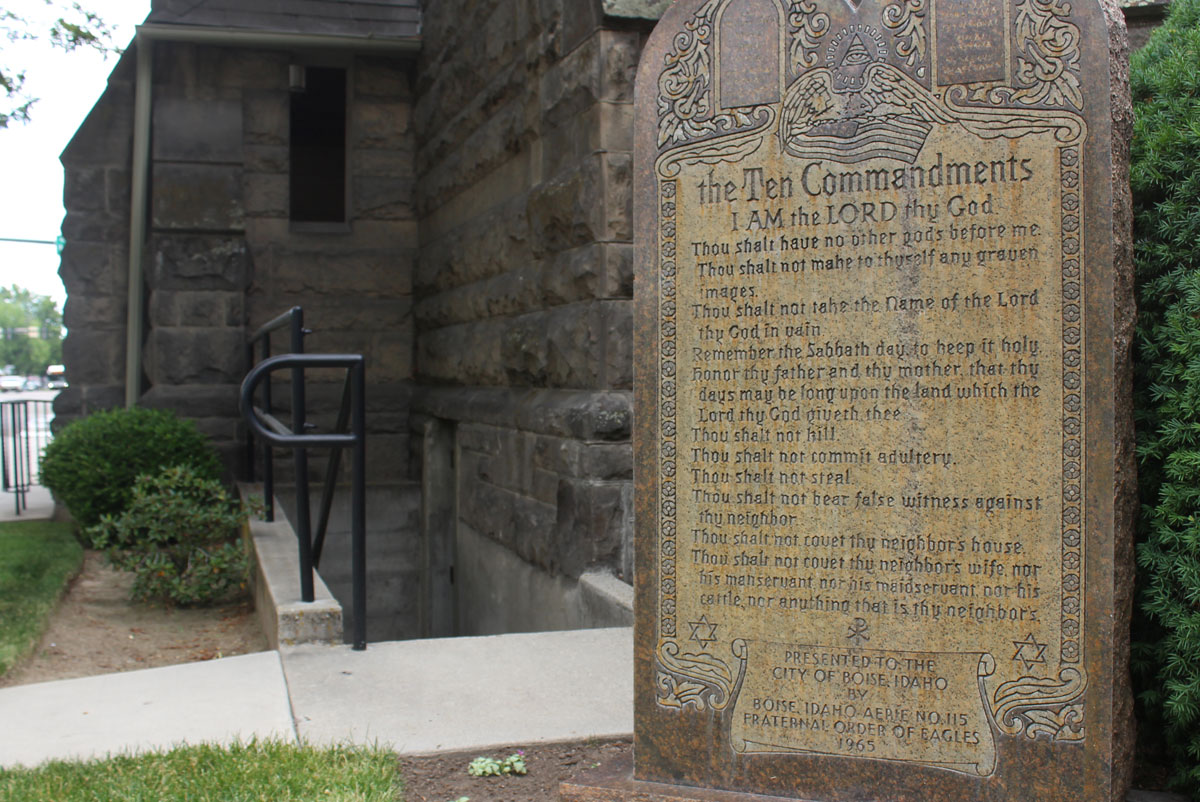Patterns of Faith: Ten Years of Touchstone
Touchstone was started in 1986 as an occasional bulletin and became a quarterly journal the following year. This current issue of Touchstone completes our tenth volume and so it is a special issue. Touchstone, thank God, has survived this far and it is worth celebrating. We observed this milestone this past August with a special service of thanksgiving in Chicago, along with a number of our editors and supporters. We also received at that time a major financial gift that will allow us in 1998 to begin publishing Touchstone six times a year. This special issue, then, is also our last quarterly issue.
The theme of this special issue is, appropriately, our dedication to mere Christianity (“ecumenical orthodoxy”) and the catholic imagination, and so C. S. Lewis is on the cover. Of course the timing of this cover is good for another reason: 1998 is the centenary of the birth of C. S. Lewis, and we shall, no doubt, be seeing many articles, books, and magazine issues dedicated to that theme.
Lewis observed that over the long haul of church history there emerges a pattern of Christian belief, “mere Christianity.” He also pointed out that, while we Christians differ from one another on certain matters and are keenly aware of those differences, the enemies of the faith take little note of those differences and see an unmistakable pattern—I would say the Person—binding together all committed Christians, whether Baptist, Roman Catholic, Lutheran, or Orthodox, and so forth. This pattern not only is seen today; it is most visible in the Church over its 2,000-year history: in its apostolic witness, in the faith of the saints and martyrs, in the creeds and councils, and in the Church’s missionary witness.
There is a pattern to the Faith because there is a Church. Without the Church, we are left with merely haphazard, private, personal religious experiences. The Church, then, as the living fellowship of Christ, endowed with the grace of the Holy Spirit, depends on the pattern of truth and is also a witness to it; “follow the pattern of the sound words which you have heard . . . ; guard the truth that has been entrusted to you” (2 Timothy 1:13-14). This connection between pattern (mere Christianity) and Church is central to the concerns of Touchstone and thus explains our selection of many of the reprinted articles in this issue.
So it is that we begin our reprint section with Lewis’s personal encounter with the Church, followed by Thomas Howard’s description of the pattern of the Church in history. David Mills describes the necessity of discerning the pattern of truth in Scripture, in the Church—and obeying it. Thomas Oden adds that not only is there a pattern in the Bible, but there is also a discernible, vital consensus of biblical interpretation in the early Church.
The content of these first few articles, then, must necessarily be wrestled with by anyone who wishes to stake a claim to “mere Christianity.” It is not something one can just make up for himself but must be judged on the basis of the discernible, clear patterns of belief and practice through the Church’s history. Mere Christianity, as Lewis said, is no “insipid interdenominational transparency, but something positive, self-consistent, inexhaustible.”
This all pertains mainly to the content of the faith, the shape of the Christian deposit. We then turn and ask what should be our approach, our attitude toward mere Christians in a divided Christendom? We present two brief excerpts that address this issue, from S. M. Hutchens on Protestants and Roman Catholics, and Leon Podles on the schism between East and West. Any concern for mere Christianity cannot ignore the sometimes painful differences between Christians.
And finally we look to the catholic imagination, an attitude or approach to mere Christianity that informs our engagement with the world. At an editorial meeting, Fr. Patrick Henry Reardon noted that the catholic imagination is nurtured by various writers, such as Dostoyevsky, Chesterton, and Lewis. (The list is obviously much longer than that.) In this issue you will encounter G. K. Chesterton, Thomas Howard on Malcolm Muggeridge, Russell Kirk on T. S. Eliot, and Fyodor Dostoyevsky. And we include one of my favorite pieces in which the catholic imagination of contributing editor James Sauer engages Bambi (not the cartoon!).
This special issue, then, well represents the spirit of Touchstone: mere Christianity and the catholic imagination. It is my hope that with these reprints, along with the new articles, we have produced and issue worth keeping, an edifying summary of what Touchstone has been and continues to be all about.
—James M. Kushiner
James M. Kushiner is the Director of Publications for The Fellowship of St. James and the former Executive Editor of Touchstone.
bulk subscriptions
Order Touchstone subscriptions in bulk and save $10 per sub! Each subscription includes 6 issues of Touchstone plus full online access to touchstonemag.com—including archives, videos, and pdf downloads of recent issues for only $29.95 each! Great for churches or study groups.
Transactions will be processed on a secure server.
more from the online archives
calling all readers
Please Donate
"There are magazines worth reading but few worth saving . . . Touchstone is just such a magazine."
—Alice von Hildebrand
"Here we do not concede one square millimeter of territory to falsehood, folly, contemporary sentimentality, or fashion. We speak the truth, and let God be our judge. . . . Touchstone is the one committedly Christian conservative journal."
—Anthony Esolen, Touchstone senior editor










